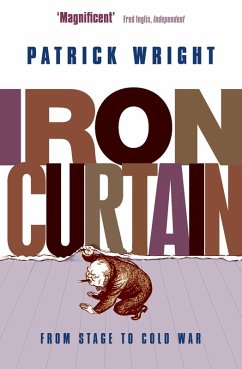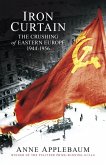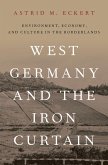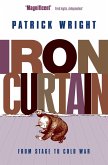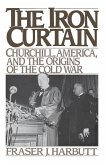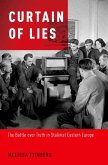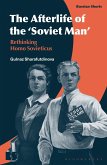'From Stettin in the Baltic to Trieste in the Adriatic an iron curtain has descended across the Continent. . .' With these words Winston Churchill famously warned the world in a now legendary speech given in Fulton, Missouri, on March 5, 1946. Launched as an evocative metaphor, the 'Iron Curtain' quickly became a brutal reality in the Cold War between Capitalist West and Communist East. Not surprisingly, for many years, people on both sides of the division have assumed that the story of the Iron Curtain began with Churchill's 1946 speech. In this fascinating investigation, Patrick Wright shows that this was decidedly not the case. Starting with its original use to describe an anti-fire device fitted into theatres, Iron Curtain tells the story of how the term evolved into such a powerful metaphor and the myriad ways in which it shaped the world for decades before the onset of the Cold War. Along the way, it offers fascinating perspectives on a rich array of historical characters and developments, from the lofty aspirations and disappointed fate of early twentieth century internationalists, through the topsy-turvy experiences of the first travellers to Soviet Russia, to the theatricalization of modern politics and international relations. And, as Wright poignantly suggests, the term captures a particular way of thinking about the world that long pre-dates the Cold War - and did not disappear with the fall of the Berlin Wall.
Dieser Download kann aus rechtlichen Gründen nur mit Rechnungsadresse in A, B, BG, CY, CZ, D, DK, EW, E, FIN, F, GR, HR, H, IRL, I, LT, L, LR, M, NL, PL, P, R, S, SLO, SK ausgeliefert werden.

